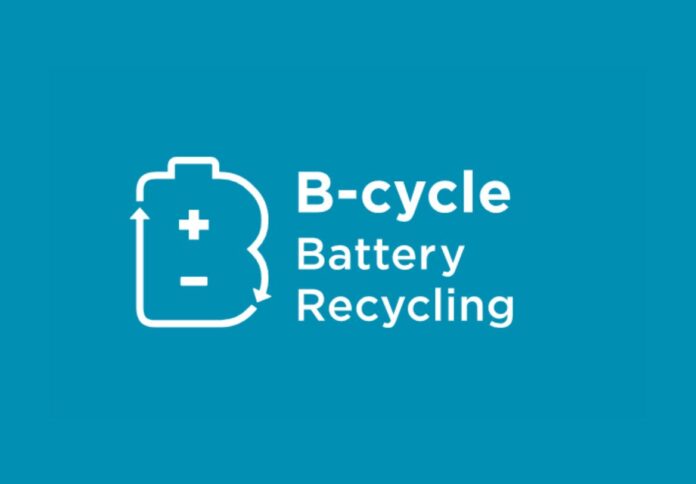
Australia’s government-backed battery recycling initiative, B-cycle, has experienced a surge in growth and support within just 18 months of its inception, according to the annual Positive Charge Report released by the Battery Stewardship Council (BSC).
BSC, the non-profit organisation behind B-cycle, highlighted the scheme’s remarkable progress in increasing battery recycling across the country.
B-cycle, authorised by the Australian Competition and Consumer Commission (ACCC), addressed the rising challenge of battery waste as one of the fastest-growing waste streams in the nation.
Facilitating accessible battery recycling services, B-cycle has successfully expanded its drop-off network to over 4,195 locations, quadrupling the number since its launch, the report noted.
Australians are set to purchase batteries equivalent to circling the Earth seven times this year, a number projected to increase to 37 times by 2050.
To manage this demand sustainably, B-cycle has become instrumental in fostering responsible battery disposal.
Key findings from the 2023 Positive Charge Report (FY 2022/23) include a notable 30 per cent increase in battery recycling among Australians, with 2.375 tonnes of batteries recycled, nearly double the rate prior to the scheme’s initiation.
B-cycle has achieved an average recovery rate of 71.08 per cent, doubling the Collection Rate to 12 per cent.
Consumer engagement has surged, with over 90,130 searches for the nearest B-cycle drop-off point on the scheme’s website.
The report underscored the industry’s commitment to collaborating with the Battery Stewardship Council, transforming Australia’s battery stewardship landscape and contributing to a more sustainable future.
B-cycle aims to serve as a global model for responsible battery recycling as the scheme continues to evolve.
B-cycle CEO Libby Chaplin emphasises the crucial role of industry participants and the public in driving the scheme’s success, urging continued support to meet Australia’s growing battery demand.
“Industry participants and the broader public are the driving force behind the success of B-cycle, and continued support will be critical to scale the scheme and service Australia’s future demand for batteries,” Chaplin noted.
Education and awareness initiatives, such as the Never Bin Your Batteries and This Tape Saves Lives campaigns, launched in October 2023, are vital in mitigating battery-related fires and injuries.
Authorised by the ACCC and accredited by the Australian Government, B-cycle has received financial support from both the government and industry.
The report also highlighted the potential for Australia to contribute significantly to a circular battery supply chain, offering environmental and climate benefits and curbing emissions.
“This report underlines the strong environmental and climate benefits of B-cycle and the recovery of materials from used batteries offering a crucial opportunity in curbing emissions for the battery industry as it continues to rapidly scale both locally and globally,” Chaplin explained.
Looking ahead, the report anticipates the lithium-based battery projection to reach 7.7 million tonnes by 2050.
Chaplin stressed the need for proactivity in the industry to address the forecasted growth in battery waste and announced plans to engage with the electric vehicle sector in 2024 to explore stewardship options.
Interested individuals may read the full report by clicking this link.

















